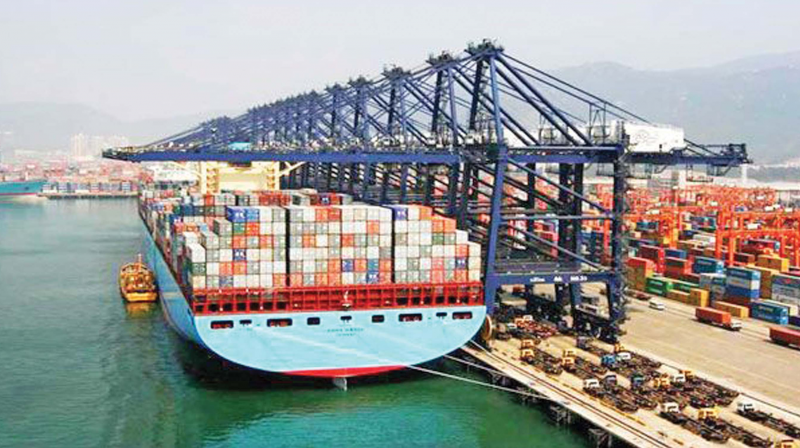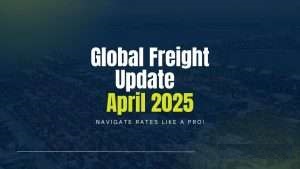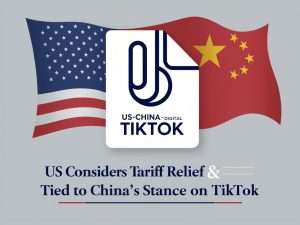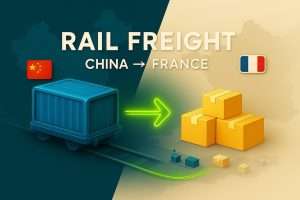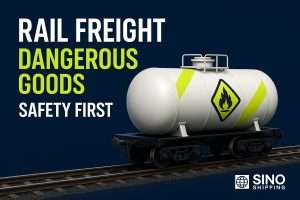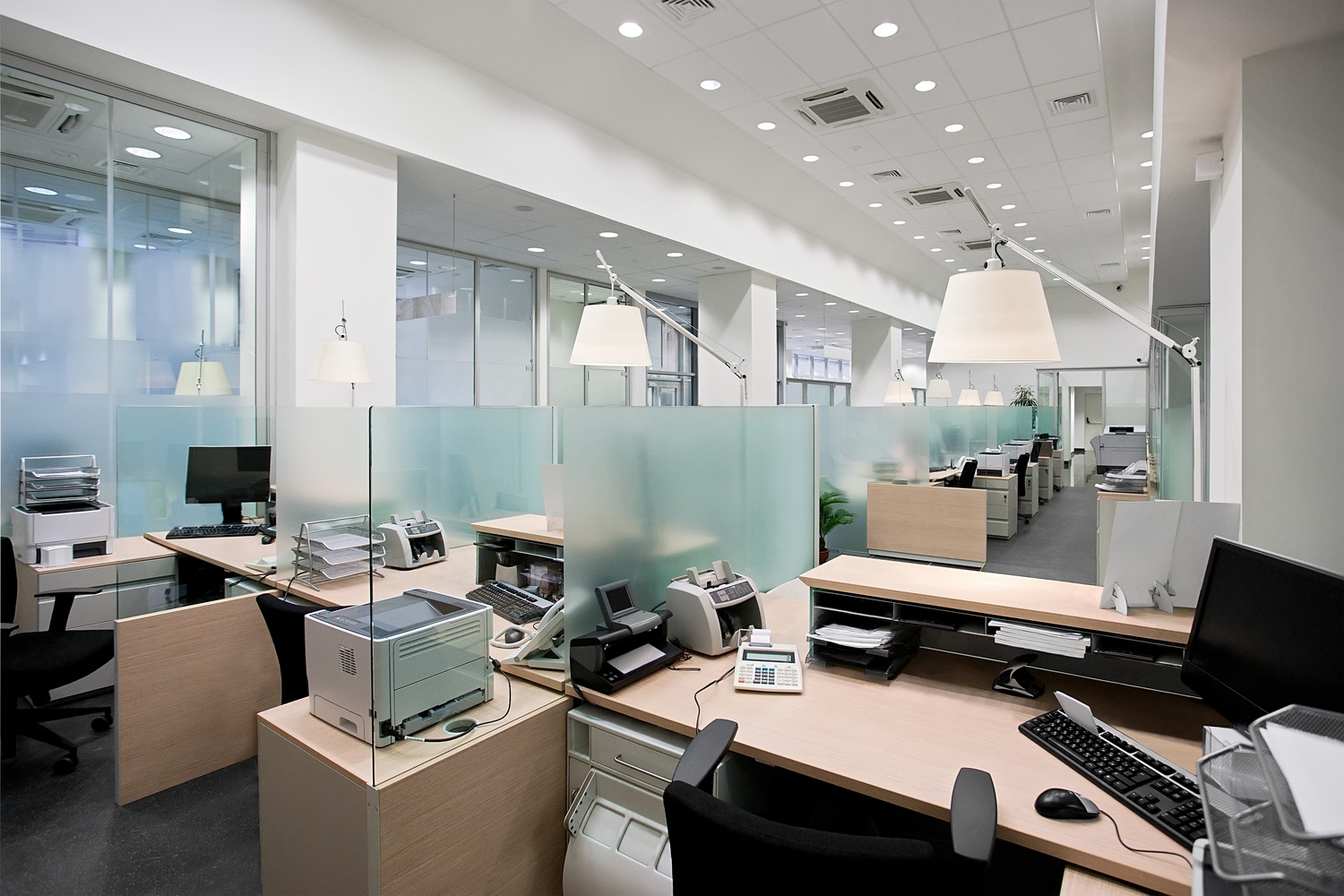Chennai is one of India’s most crucial trade hubs, with over 60% of its imports originating from China. From cutting-edge electronics to textiles and industrial equipment, businesses in Chennai thrive on Chinese imports. However, navigating the shipping process isn’t always straightforward—high costs, lengthy transit times, and complex customs procedures can create unnecessary headaches. The solution? With the right approach, you can simplify your logistics, cut costs, and ensure seamless shipments from China to Chennai. This guide will walk you through everything you need to know to make your shipping process smooth and efficient.
1. Why Chennai and China Are Perfect Trade Partners
Chennai: India’s Import Powerhouse
Chennai has earned its place as one of India’s most important trade hubs, thanks to its strategic location and thriving industries. In 2023, Chennai imported goods worth billions of dollars from China, with this trade accounting for over 60% of the city’s total imports.
What’s driving this demand? Chennai is home to industries that depend heavily on imported goods, including:
- Automotive Manufacturing: As India’s automotive capital, Chennai relies on Chinese imports for spare parts, machinery, and advanced electronics used in vehicles.
- Textiles and Apparel: Chinese textiles and raw materials power Chennai’s robust garment manufacturing sector.
- Electronics: With rising consumer demand, Chennai imports smartphones, semiconductors, and other electronic components in massive quantities.
- Chemical Industry: Chemicals and specialty products from China fuel Chennai’s pharmaceutical and industrial sectors.
China: The World’s Manufacturing Giant
China’s dominance in global manufacturing is unmatched, making it the go-to supplier for Chennai’s businesses. Here’s why:
- Low-Cost Production: China offers competitive pricing without compromising quality, making it ideal for businesses looking to maximize their margins.
- Unparalleled Product Diversity: From industrial machinery to consumer goods, Chinese factories can produce virtually anything at scale.
- Established Supply Chains: Decades of investment in ports, logistics, and production facilities ensure timely and reliable exports.
Top Exporting Regions in China to Chennai
Certain Chinese provinces play a pivotal role in trade with Chennai:
- Guangdong: Known for its electronics and consumer goods, this region supplies everything from smartphones to home appliances.
- Zhejiang: Specializes in textiles, fashion, and small machinery, catering to Chennai’s growing manufacturing needs.
- Jiangsu: A leader in chemical products, pharmaceuticals, and industrial equipment.
By leveraging Chennai’s industrial demand and China’s manufacturing efficiency, these two regions have built a synergistic trade partnership that continues to grow year after year.
2. Key Shipping Routes Between China and Chennai
Efficient logistics between China and Chennai rely on well-established sea and air routes. Choosing the right option depends on your shipment’s volume, urgency, and budget.
Sea Freight: The Most Reliable and Cost-Effective Option
Sea freight dominates trade between China and Chennai, especially for bulk shipments. It’s the go-to solution for businesses looking for affordability and scalability.
The primary ports in China serving Chennai include:
- Shanghai Port: The largest port globally, handling electronics, machinery, and consumer goods.
- Ningbo Port: Known for textiles and industrial goods.
- Shenzhen Port: A hub for electronics and chemical products.
Goods typically travel via the standard maritime route:
- China Ports → Colombo (Sri Lanka) → Chennai Port.
This route leverages Colombo as a transshipment hub, ensuring efficient cargo transfer. - Transit Times: Shipments usually take 15–25 days, depending on the port of origin.
Sea freight is ideal for industries such as automotive, textiles, and chemicals, offering lower costs for heavy or bulky items.
Air Freight: The Fast Track for Urgent Shipments
When time is critical, air freight offers unmatched speed. Although pricier, it’s essential for time-sensitive or high-value goods.
Major airports in China, such as Guangzhou Baiyun, Shanghai Pudong, and Beijing Capital, serve as departure points. These facilities handle electronics, pharmaceuticals, and luxury items destined for Chennai International Airport (MAA), the busiest cargo hub in South India.
- Transit Times: Shipments typically arrive in 2–7 days, providing a reliable option for urgent needs.
Air freight works best for electronics, fashion goods, and seasonal items, where speed outweighs cost concerns.
Sea or Air? Deciding the Best Route
Choosing between sea and air freight depends on:
- Budget: Sea freight is more affordable, especially for large shipments.
- Timeline: Air freight ensures faster delivery for urgent needs.
- Goods Type: Fragile or high-value items benefit from air freight’s secure handling, while bulk items suit sea freight.
By understanding these routes and their advantages, businesses can plan their shipments from China to Chennai with precision, balancing cost, speed, and efficiency.
3. Sea Freight: The Most Popular Option
When it comes to shipping from China to Chennai, sea freight stands out as the most reliable and cost-effective option. For businesses managing large volumes of goods, it offers an unbeatable balance of affordability, scalability, and efficiency.
Key Insights on Sea Freight from China to Chennai
| Category | Details |
|---|---|
| Cost | Economical for bulk shipments (FCL & LCL options available). |
| Transit Time | 15–25 days, depending on port and route. |
| Major Chinese Ports | Shanghai, Ningbo, Shenzhen. |
| Common Goods Shipped | Electronics, textiles, industrial equipment, chemicals. |
| Route | China Ports → Colombo (Sri Lanka) → Chennai Port. |
| Best For | Businesses needing affordable logistics for non-urgent, high-volume cargo. |
Why Sea Freight Is the Go-To Option for Businesses
Sea freight remains the backbone of trade between China and Chennai for several compelling reasons:
- Cost Efficiency: Sea freight is significantly cheaper than air freight, especially for large shipments. Full Container Load (FCL) and Less than Container Load (LCL) options provide flexibility, allowing businesses to optimize costs based on shipment size.
- Bulk-Friendly: Whether you’re importing heavy machinery, textiles, or raw materials, sea freight is ideal for bulk and heavy goods.
- Industry Reliance: Key sectors in Chennai—like automotive manufacturing, textiles, and chemical processing—depend heavily on sea freight to maintain their supply chains.
Transit Times: What to Expect
Planning ahead is crucial when choosing sea freight. While it’s cost-effective, it requires more time than air freight.
- Typical Transit Time: Shipments from China to Chennai take around 15–25 days, depending on the port of origin and the route.
- Route Overview: Most shipments travel via the China Ports → Colombo (Sri Lanka) → Chennai Port route, with Colombo serving as a major transshipment hub.
By understanding these timelines, businesses can align their logistics planning and avoid delays in their supply chain.
Top Ports in China Serving Chennai
China’s ports are some of the busiest and most advanced in the world, ensuring seamless trade with Chennai. Here are the key ports to know:
- Shanghai Port: As the world’s largest port, Shanghai handles massive volumes of goods, including electronics, machinery, and consumer goods. Its advanced logistics systems ensure quick processing and efficient handling.
- Ningbo Port: Renowned for managing bulk shipments like textiles and industrial equipment, Ningbo is a go-to port for exporters dealing with high volumes.
- Shenzhen Port: This port specializes in electronics, chemicals, and other high-demand products, making it ideal for Chennai’s industries.
These ports are connected to Chennai via established shipping lines, ensuring reliable and timely deliveries.
Chennai Port: The Gateway to South India
Chennai Port is one of India’s busiest maritime hubs, perfectly positioned to handle large volumes of imported goods.
- Advanced Infrastructure: The port features state-of-the-art container terminals, allowing efficient unloading of FCL and LCL shipments.
- Strategic Location: Proximity to Chennai’s industrial and manufacturing zones makes it an ideal entry point for businesses.
This combination of advanced facilities and strategic importance ensures smooth cargo handling for businesses importing from China.
4. Air Freight: Speed Over Cost
When time is of the essence, air freight is the ultimate solution for shipping goods from China to Chennai. Though more expensive than sea freight, air freight delivers unmatched speed and reliability, making it indispensable for businesses handling urgent or high-value shipments.
Comparison Table: Sea Freight vs. Air Freight
| Factor | Sea Freight | Air Freight |
|---|---|---|
| Cost | Low (ideal for bulk shipments) | High ($5–10 per kg) |
| Transit Time | 15–25 days | 2–7 days |
| Best For | Bulk goods, non-urgent shipments | Urgent, high-value, or perishable items |
| Environmental Impact | Lower carbon emissions per unit shipped | Higher carbon footprint per kg |
When Should You Choose Air Freight?
Air freight is best suited for:
- Time-Sensitive Goods: Products that must reach their destination quickly, such as electronics during peak sales seasons or seasonal fashion items.
- High-Value Shipments: Fragile, expensive, or compact items like luxury goods, pharmaceuticals, or tech gadgets benefit from air freight’s secure handling.
- Perishable Items: Food, flowers, and other goods that require temperature-controlled environments often rely on air freight to ensure freshness upon arrival.
If speed and safety outweigh cost concerns, air freight is the optimal choice.
Transit Times: Lightning-Fast Deliveries
One of the key advantages of air freight is its short transit time. Shipments from China to Chennai typically arrive in 2–7 days, depending on:
- The departure airport in China.
- The availability of direct flights or layovers.
This makes air freight ideal for businesses that need to meet tight deadlines or handle last-minute demands.
Cost Overview: Investing in Speed
While air freight is significantly faster than sea freight, it comes at a premium price:
- Average Cost: $5–10 per kg, depending on factors like weight, dimensions, and the route.
- Additional Charges: Handling fees, fuel surcharges, and customs clearance costs can add to the total.
Although it’s more expensive, air freight is often worth the investment for critical shipments where delays could lead to lost revenue or customer dissatisfaction.
5. Customs and Regulations: From China to Chennai
Efficient customs clearance is critical for smooth shipping from China to Chennai. Here’s what you need to know:
Required Documentation
Ensure these key documents are accurate and complete:
- Bill of Lading (B/L)
- Commercial Invoice
- Packing List
- Certificate of Origin
Errors in these can lead to costly delays.
Common Challenges
- Frequent Delays: Caused by incorrect documentation or port backlogs.
- High Import Duties: Products like electronics attract higher tariffs.
- Compliance Issues: Some goods require licenses (e.g., BIS approval for electronics).
Tips to Simplify Clearance
- Work with Experts: Use customs brokers with experience in China-India trade.
- Verify Documentation: Double-check all forms before submission.
- Classify Correctly: Use accurate HS Codes to avoid reclassification delays.
By preparing thoroughly and leveraging experienced agents, you can minimize delays and ensure seamless customs clearance at Chennai Port.
FAQ: Customs and Regulations for Shipping from China to Chennai
What documents are required for customs clearance at Chennai Port?
The essential documents include a Bill of Lading (B/L), Commercial Invoice, Packing List, and Certificate of Origin. These must be accurate and consistent with the shipment details to avoid complications during clearance.
How long does customs clearance take at Chennai Port?
Customs clearance usually takes between one to three days if all documents are in order. However, delays may occur due to errors in paperwork, high port traffic, or the need for additional inspections.
What are the common challenges during customs clearance?
Challenges include incorrect or incomplete documentation, delays caused by misclassification of goods, and higher import duties on specific items like electronics. These issues can cause unnecessary holdups if not addressed proactively.
How can I reduce customs delays?
Working with an experienced customs broker is the most effective way to avoid delays. Ensuring all documents are accurate, using the correct HS Codes, and being prepared for any specific compliance requirements will also help streamline the process.
Are there high import duties on goods shipped from China?
Certain products, such as electronics, luxury goods, and some chemicals, attract higher import duties. The exact rate depends on the type of goods and their HS Code classification.
Do I need special licenses to import certain products?
Yes, some items require additional certifications or licenses. For example, electronics often need approval from the Bureau of Indian Standards (BIS), while restricted goods may need import permits.
Can customs brokers handle the entire clearance process?
Yes, customs brokers can manage every aspect of the clearance process, including documentation, compliance checks, and payment of duties. This ensures a smoother and more efficient experience for importers.
What happens if my shipment is delayed at customs?
If a shipment is delayed, customs may request additional documents or require the goods to be reclassified. Addressing these issues quickly with the help of a broker can minimize further delays and additional costs.

